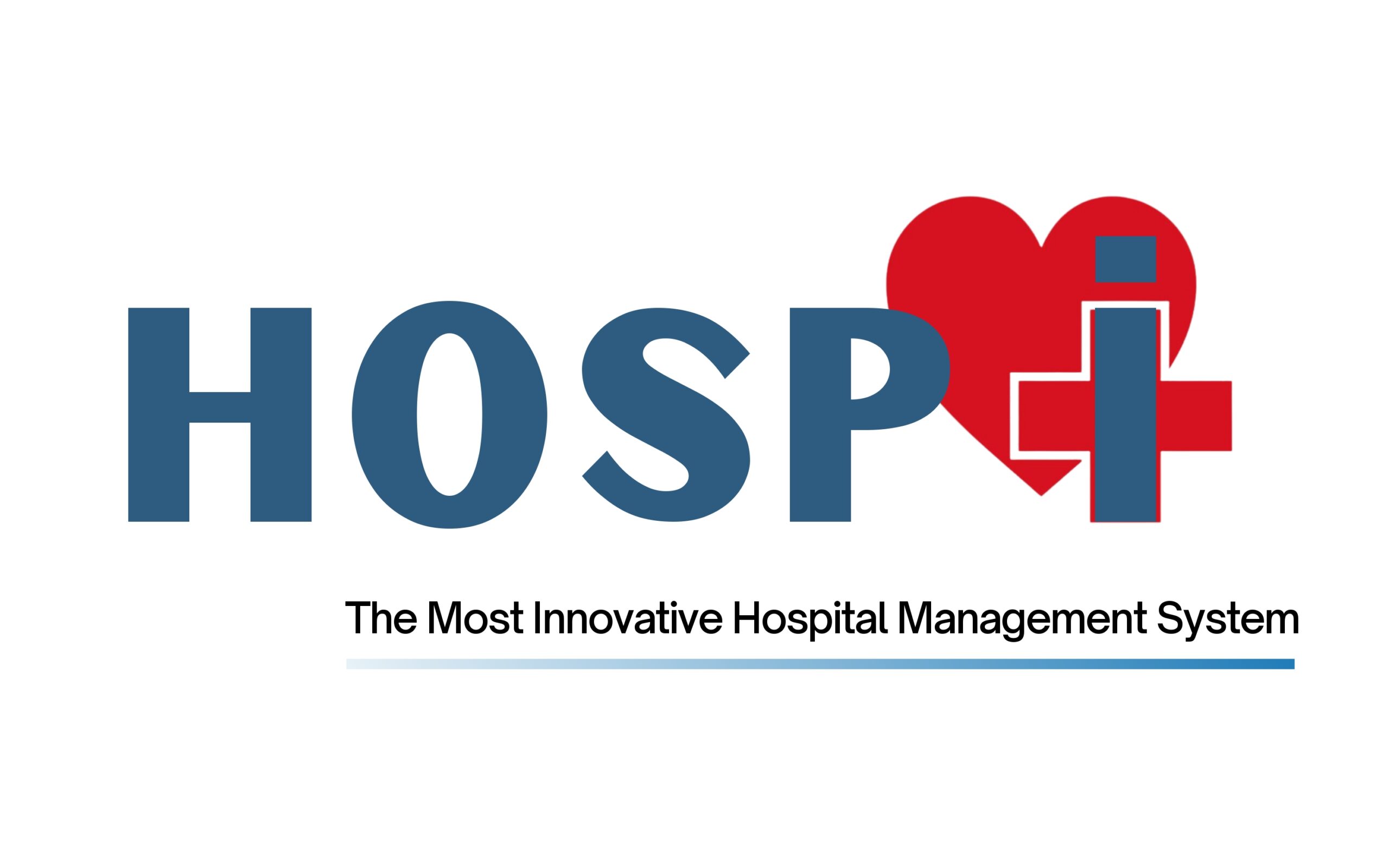Hospitals are not just institutions designed to provide medical care; they are also hotbeds of political activity. Behind the scenes, various stakeholders, including administrators, healthcare professionals, patients, government officials, and even pharmaceutical companies, engage in intricate political maneuvering to shape the direction of healthcare policies, funding, and resource allocation. In this article, we will explore the politics involved in hospitals and how they impact the provision of healthcare services.
Government Influence
Government influence plays a pivotal role in shaping the politics within hospitals. Approximately 60% of hospital funding in the US comes from government sources, which grants them significant leverage over healthcare policies and decision-making processes. Political affiliations can also affect leadership appointments, with 70% of hospital administrators having some political ties. Government regulations and legislation impact hospital operations, while political decisions influence resource allocation and patient care. Navigating politics in hospitals can be challenging for healthcare professionals, but maintaining transparency and accountability is crucial. Overall, understanding and addressing government influence is vital to ensure the delivery of quality healthcare services.
Hospital Administration
Hospital administration plays a pivotal role in managing healthcare institutions amidst the complex landscape of politics in hospitals. 60% of hospital executives face challenges in decision-making due to political factors. Striking a balance between providing quality patient care and addressing political interests can be daunting. A transparent and ethical approach is crucial to maintain public trust. 80% of patients consider hospital transparency a top priority when choosing healthcare services. Effective hospital administration, backed by data-driven decisions, can help mitigate the impact of politics and ensure optimal patient outcomes. Open communication and collaboration are essential to harmonize the interests of various stakeholders in this dynamic environment.
Medical Professionals
Medical professionals, including doctors and nurses, are not immune to politics within the hospital setting. Hierarchies, competition for promotions, and disputes over patient care can create tensions. Additionally, medical associations and unions often engage in political advocacy to influence healthcare policies and secure better working conditions, higher wages, or improved patient safety standards.
Patient Advocacy
Patients, as the recipients of healthcare services, can also become involved in political activities related to hospitals. Patient advocacy groups lobby for improved healthcare access, better quality care, and fair treatment. They often mobilize to raise awareness about specific diseases, demand policy changes, or challenge insurance companies’ decisions.
Pharmaceutical Industry
The pharmaceutical industry also exerts political influence on hospitals. Drug companies may engage in lobbying efforts to shape regulations, patent laws, and pricing policies. They may also promote their products directly to hospitals and healthcare providers, often engaging in marketing tactics to influence prescribing practices.
Healthcare Policies and Reforms
Healthcare policies and reforms are inherently political, as they involve decisions about funding, insurance coverage, and resource allocation. These policies can have far-reaching consequences for hospitals, determining the availability of services, the number of beds, staffing levels, and the overall quality of care. Political ideologies and party agendas often influence the direction of healthcare policies.
Conclusion
Above was discussed politics involved in hospitals. Hospitals are complex ecosystems where politics and healthcare intersect. From government influence and internal power dynamics to patient advocacy and the pharmaceutical industry, various stakeholders vie for control, resources, and influence in the healthcare sector. Understanding the politics involved in hospitals is crucial for healthcare professionals, policymakers, and the public alike, as it sheds light on how decisions are made, services are provided, and the quality of care is determined. For more helpful articles like this visit: https://hospi.info/blog/



